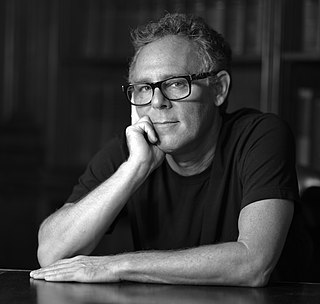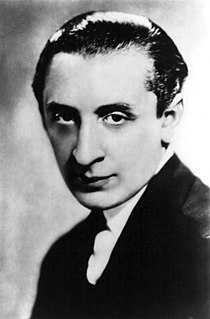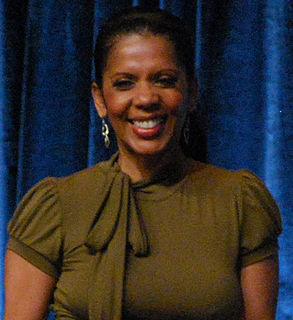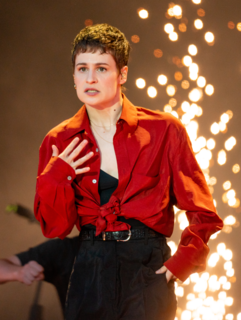A Quote by Werner Heisenberg
If the lecture is good, then everything is too smooth. That's the same in music: if the performance is too good, you really don't enjoy it, because it just goes by, and you can never penetrate into the heart of it. Sometimes a poor performance is better for enjoyment, because you can look at those things that were wrong and analyze them.
Related Quotes
Sometimes the work can get in the way and you give a less-good performance, and sometimes it doesn't and you can really get to the heart of something. And all the other stuff is just interesting and adds another layer to your performance. It helps you find the reality. Because you're not just playing yourself, you know? That would be kind of boring.
Comedians work great as actors because they're good under pressure. With a lot of actors, you have to make them feel like everything's going really well to get a good performance out of them. But, if you have a comedian on the set, you can tell them, 'Hey, you really are screwing this up,' and then they just get better.
I was really able to confirm something that I knew on some level before I'd made a film. The best actors know how to really relax. Because in film, a lot of the decisions are made in the editing room, so when you're trying to guide your performance too much - always it's a push and pull because you can't be too relaxed. Too relaxed and it's like, "What are you doing?" Too tense and it's not good either.
Losing ... really does say something about who you are. Among other things it measures are: do you blame others, or do you own the loss? Do you analyze your failure, or just complain about bad luck? If you're willing to examine failure, and to look not just at your outward physical performance, but your internal workings, too, losing can be valuable. How you behave in those moments can perhaps be more self-defining than winning could ever be. Sometimes losing shows you for who you really are.
It's interesting because the way J.J. cuts - we're very close with our editors as well, so it's kind of the first cut and then he went back and started tightening things up, etc, then loosing things when it was too tight. Then you start watching it and you start figuring out performance - not performance, character-wise I should say, who you're really able to follow, whose journey is harder to follow, and you make all that work.
For me, the intellect is always the guide but not the goal of the performance. Three things have to be coordinated, and not one must stick out. Not too much intellect because it can become scholastic. Not too much heart because it can become schmaltz. Not too much technique because you become a mechanic.
College was really good for me. It's where I did my growing up, learning how to live on my own and to be myself. That really helped. I've eased my way into everything since then, so it doesn't feel too crazy. It's just about being the same person, whether good things come my way or bad things come my way, and to enjoy the opportunities I have.
I'm really excited that people are receiving my performance like this. It makes me feel good, because I've been working really hard. And this character [Idi Amin], I worked particularly hard on. But I don't want to get too caught up in it, because first of all, it could lead to a great disappointment. You never know what's going to happen.
Originally I had a fear of rejection at the auditions, which is a lack of self-confidence ultimately. Now I have a production company and when you can look behind the scenes at the casting process, you know it's not about rejection. It might have been the most amazing performance ever, but if the person is too tall, too short, too brown, too white, has blond hair or whatever it is, then not getting the gig may have nothing to do with the performance. You have to learn to treat auditioning as matter-of-factly as drinking a glass of water.
We played a show the other week at this festival and it was an audience that I'd never normally play in front of. That's one the greatest things about festivals: you don't always get your audience, you get people who just pop in out of curiosity. The reaction was amazing; there were people dancing, which we've never had, I guess because the message is pretty powerful and the performance is a lot more visceral than it has been previously. The audiences seem to be reacting to that really well and it's a wonderful thing, because at a performance you really bounce off your audience.





































